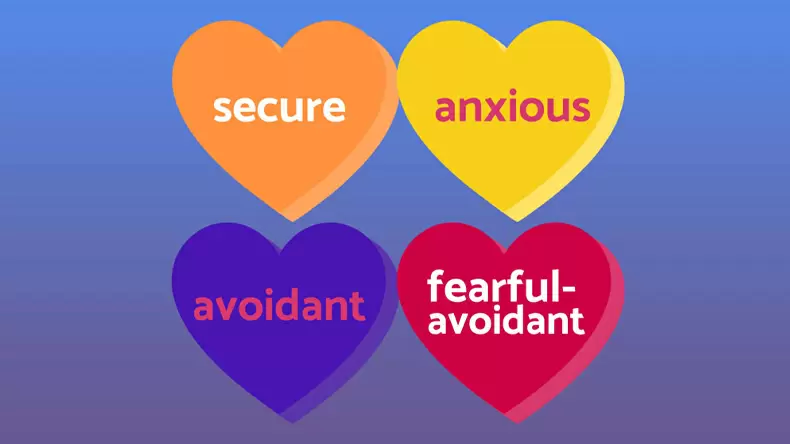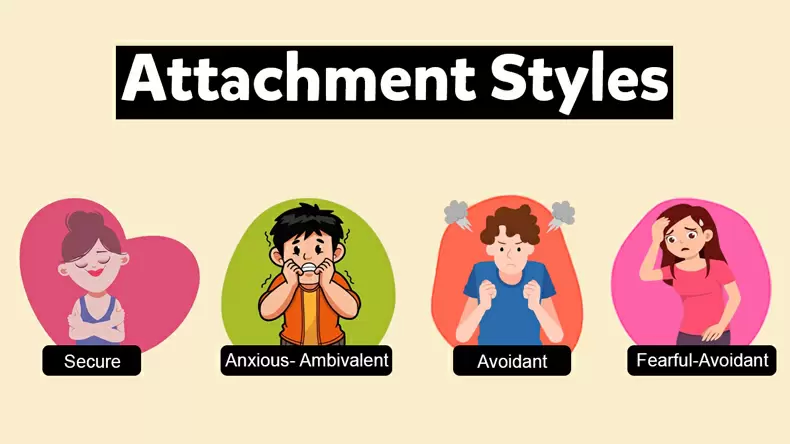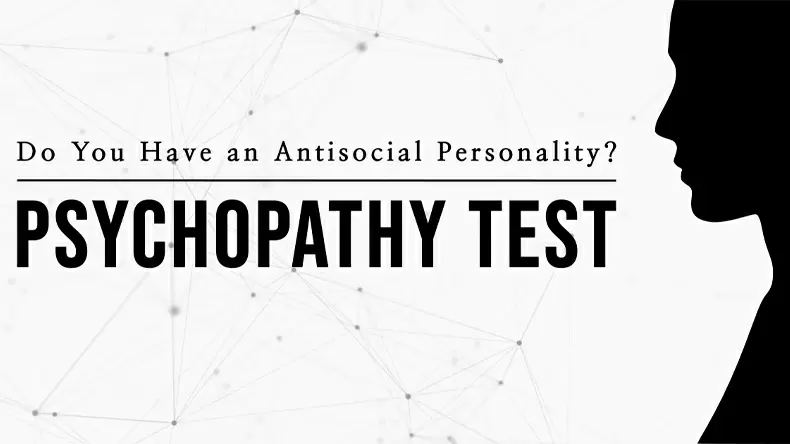Which LE SSERAFIM Member Are You? Quiz
Are you curious about your attachment style? Take our quick and easy Attachment Style quiz and get some insights into how you connect with others.
Attachment Style: Understanding the Dynamics of Relationships
Attachment style is a concept that has gained significant attention in the field of psychology and relationships. It refers to the way individuals form and maintain emotional bonds with others, based on their early experiences with caregivers. Understanding one's attachment style can provide valuable insights into how they approach relationships, handle intimacy, and deal with emotional challenges.
Through a series of interesting and thought-provoking questions, our attachment style quiz is designed to help you uncover your own attachment style. By exploring your responses to various scenarios and situations, you can gain a deeper understanding of your emotional tendencies and relational patterns.
Discover Your Attachment Style Through Our Fun Quiz!
Our attachment style quiz is an engaging way to delve into the intricacies of your emotional connections. By answering a set of questions, you can uncover whether you tend to be secure, anxious, avoidant, or fearful in your relationships. This self-discovery can be enlightening and empowering, as it sheds light on the factors that influence your interactions with others.
Exploring the Dynamics of Attachment
Attachment style plays a pivotal role in shaping the way individuals navigate relationships. It encompasses a spectrum of behaviors and attitudes that influence how individuals seek closeness, respond to emotional needs, and handle interpersonal conflicts. By understanding the dynamics of attachment, individuals can gain valuable insights into their own relational patterns and those of their partners.
Navigating Intimacy and Independence
The interplay between intimacy and independence is a central theme in attachment theory. Individuals with a secure attachment style are comfortable balancing closeness with autonomy, while those with anxious or avoidant styles may struggle to maintain this equilibrium. Understanding how attachment style influences this delicate balance can offer valuable perspectives on relationship dynamics.
The Attachment Style Quiz

Secure Type (Low Avoidance, Low Anxiety)
Individuals with a secure attachment style are at ease with both intimacy and independence. They place value on positive self-evaluation and trust in others, and do not fear abandonment. They believe in their own worthiness of love and trust, fostering healthy and secure relationships.
Anxious Type (Low Avoidance, High Anxiety)
Those with an anxious attachment style desire intimacy but fear rejection, leading to emotional dependence and a strong need for approval. They often have a negative self-evaluation, seek recognition, and are sensitive to criticism, which can lead to feelings of anxiety and misunderstanding.
Avoidant Type (High Avoidance, Low Anxiety)
Individuals with an avoidant attachment style avoid close contact and prioritize independence. They value positive self-evaluation and oppose dependence, seeking personal satisfaction and setting clear boundaries. They may struggle with communication in conflicts and tend to avoid negative emotions.
Fearful Type (High Avoidance, High Anxiety)
Those with a fearful attachment style desire intimacy but fear rejection and being hurt. This leads to hesitation, resistance, and a negative self-evaluation. They seek control and validation, often expressing dissatisfaction through alienation and coldness. This internal struggle between intimacy and alienation can lead to chaos in relationships.
Understanding your attachment style can be a powerful tool for personal growth and improved relationships. By recognizing your own patterns and tendencies, you can work towards developing healthier and more fulfilling connections with others. Embracing self-awareness and empathy can pave the way for more secure and satisfying relationships, based on mutual understanding and respect.
Ever wondered why you act the way you do in relationships? Take our attachment style quiz and get some answers in just a few minutes!












